Most of us have heard about the decline in marine life and have seen images of the Great Pacific Garbage Patch. News about microplastics entering the food chain are alarming, so it is about time we stopped with plastic. But how do you do it?
Sounds like such a simple goal, some of the measures we have adopted – like carrying a re-fillable steel water bottle, we had already been doing for years. Others, like the bamboo coffee mug, have been more recent. But trying to completely stop with the material being so omnipresent is not so evident.
Here are some things you can do and some places to look at:
A major Spanish newspaper recently wrote an article claiming the first plastic-free supermarket in the world had just opened its doors in Amsterdam. I would say this claim is inaccurate as Rainbow coop in San Francisco has existed since 1975, and although it may not be 100% plastic free, it has been selling goods in bulk, direct from the producers in a community-based supermarket for at least 40 years. Digging into the story it turns out it is not a plastic-free supermarket but a plastic-free aisle. The good news is the next plastic-free aisle is scheduled to be opened in The Hague in June as well, and from there to the rest of the country.
Reducing plastic use in the Netherlands: Food
Carrying a canvas grocery bag and mesh nets for fruit and vegetables are first easy steps. Storing everything in glass containers at home is the next logical step.
Finding vegetables and fruit that do not come completely covered in plastic is a challenge. There is, of course, the most obvious solution: the market (the Hague has one of the biggest in Europe), but it does require time and a trial and error process to find vendors that offer good-quality fresh produce (that will last more than one day). Another important tip is to buy seasonal products, preferably produced locally. Specialized grocers often have high-quality vegetables and fruit that do not come pre-packaged: in The Hague I am thinking of places like Rutten in the Piet Heinstraat, Joe’s in the Theresiastraat and Exotenhof in the Bankastraat.
For some vegetables and fruits like tomatoes, apples, bananas, pears this is easy. But for others like seedless grapes, strawberries, blueberries, raspberries or broccoli I haven’t found a place that consistently offers them in cardboard boxes. It is a matter of looking around your neighborhood, though it does require effort and a lot of testing. Getting a subscription to a monthly or weekly box of produce can also be an alternative if you don’t mind getting surprise vegetables. Initiatives like Den Haag in Transitie are setting an example in alternative living, organizing community dinners, growing their own veggies.
You can buy cheese and other dairy products at your local shop -or better at a farm- wrapped in simple wax paper and ask your butcher to simply wrap the meat in paper, or in your own container, though, depending on where you are they might refuse as they have to comply with food hygiene laws.
Reducing plastic use in the Netherlands: Parties
For celebrations, children parties and other festive occasions we have started to ditch the balloons and plastic disposable plates and cutlery, favoring cardboard, bamboo, wood and other compostable or recyclable options. It is also necessary to have “the cheap plastic crap talk” with our children and refuse unnecessary plastic toys that will probably break very fast. We have stopped buying bubble containers as favors and other little toys and have opted for homemade treats (like jello or oatmeal bars) or good quality art supplies.
Reducing plastic use in the Netherlands: Toiletries
We have switched to bar soap and shampoo. Lush has some options, but there are some others. It is difficult to adjust, particularly when it comes to shampoo, but all those plastic bottles being thrown away were making me queasy.
Reducing plastic use in the Netherlands if you have a baby
If you have babies and small children, please, investigate cloth-diapering. A single baby will use 4000-5000 diapers from birth to potty training, these diapers take around 700 years to disintegrate and are based on petroleum products. In the Netherlands, there are several shops and some offer advice in your city. You can start looking at Kaatje Katoen, Billenboetiek, Nappys or Little Ones. If you really are not up for it (it is easy, really, you just rinse cold-wash at 40ºC-rinse cold and line dry), then please do look at other alternatives for disposables that are made of compostable materials.
There are still things that I have not found an alternative to or haven’t found in bulk: some cleaning products, vinegar. If anyone finds a way to keep bread fresh that does not involve freezing it or a plastic bag, I am all ears.
While all these actions and efforts are meaningful, they also imply a certain privilege, as these products are often more expensive than the plastic-covered alternative and for some, the “choice” is then not even an option. And it is not only a financial matter; there is also the luxury of time to source our food and daily needs from different local shops and making sure they are friendly to our planet.
What we need is systemic change, so that plastics are banned and plastic-free options are accessible to everyone. Now that the European elections are coming, think hard of who you will vote for as plastics is one of the items discussed.
While we are on the subject of environmental issues concerning the Netherlands and the North Sea, I would like to point out that according to the UN biodiversity report, the major cause of the collapse in marine life, way ahead of the plastic, is overfishing. A single Dutch multinational, operating a vast fishing ship, holds -alone- 24% of the British fishing quota. Completely avoiding fish (yes, even those with eco-friendly labels) might be the best action you can take to protect our Oceans.
Do you have any other alternatives for reducing plastic use in the Netherlands? Let us know them in the comments!

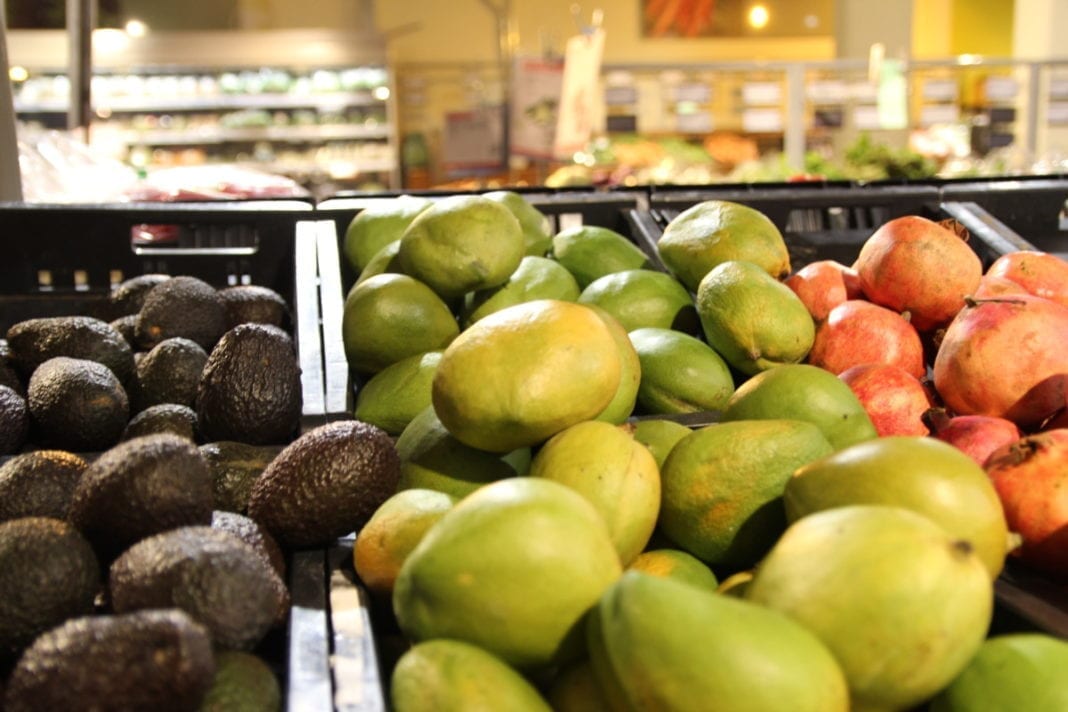
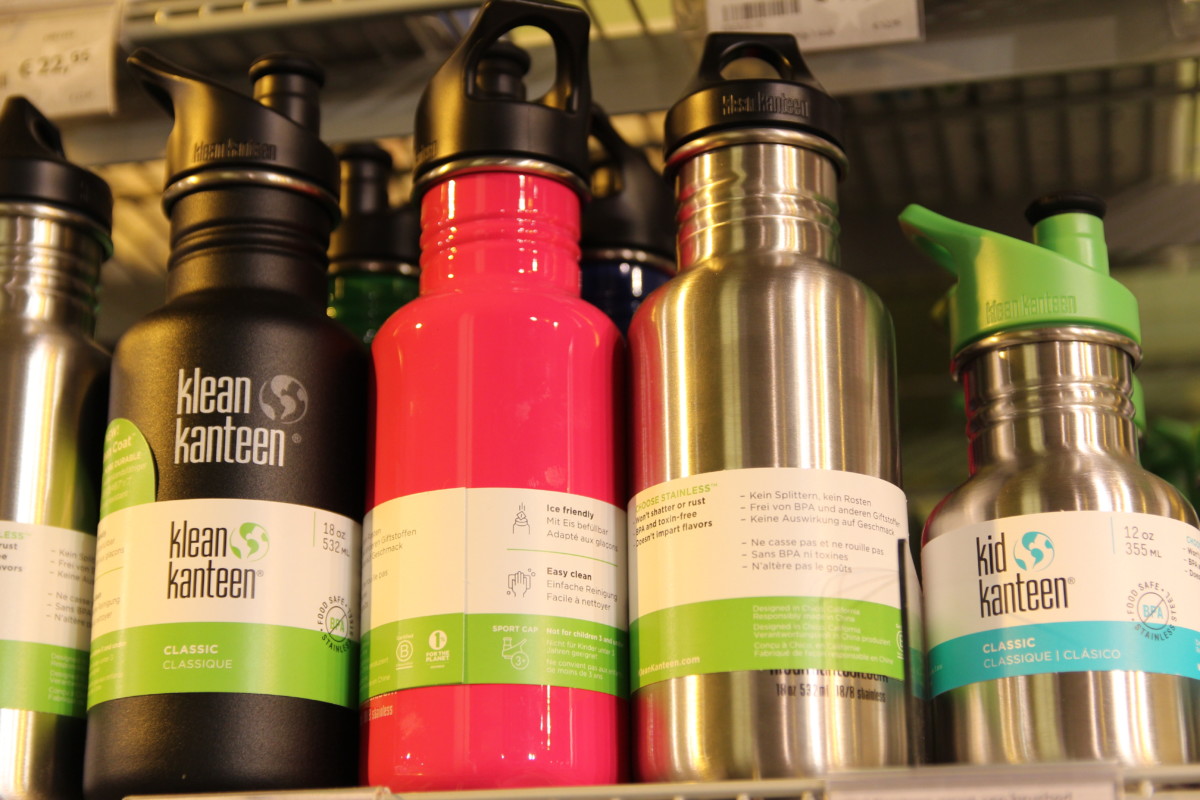
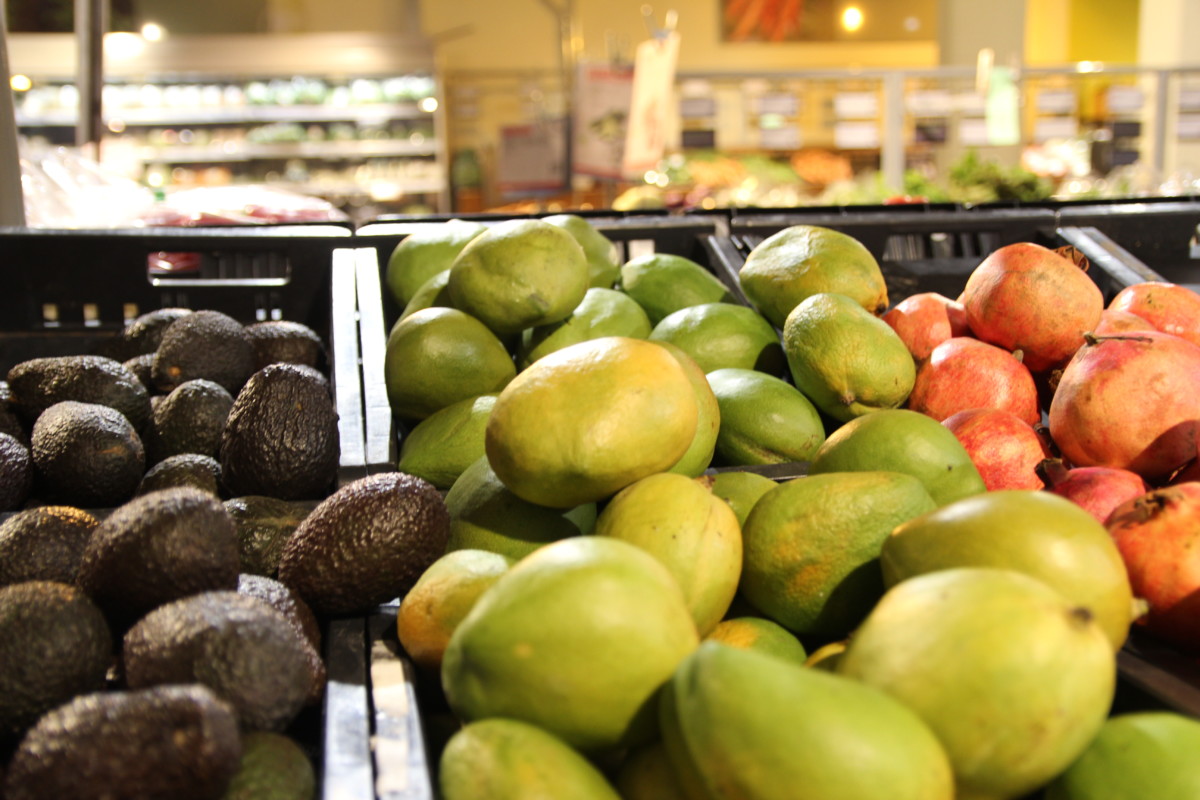
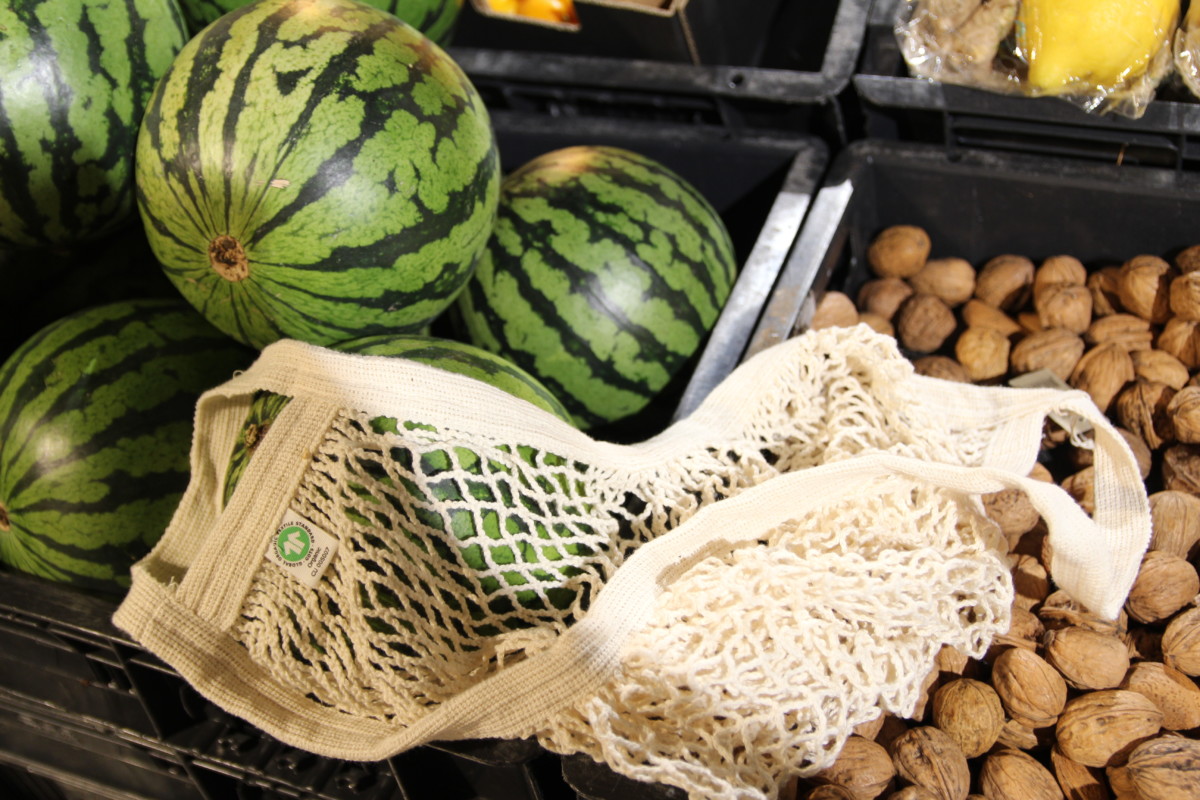
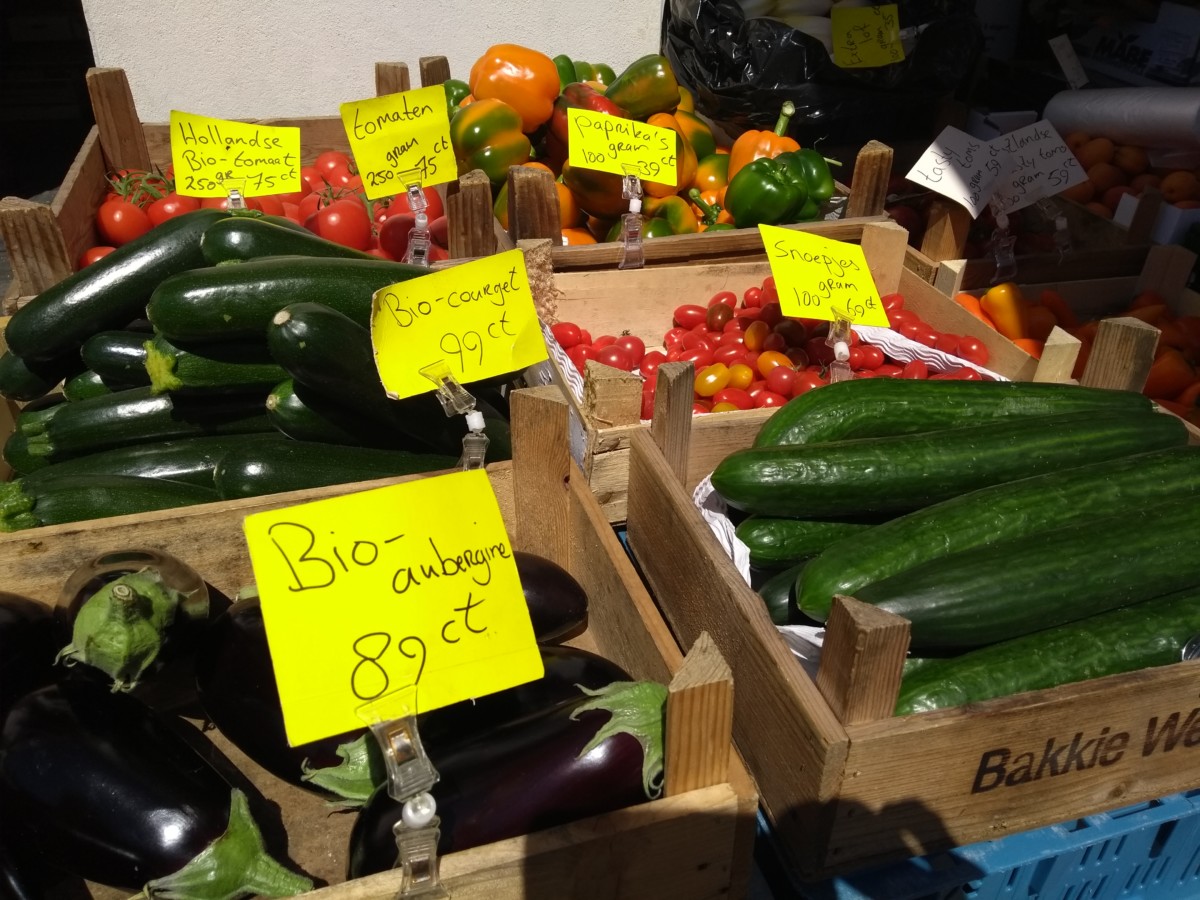
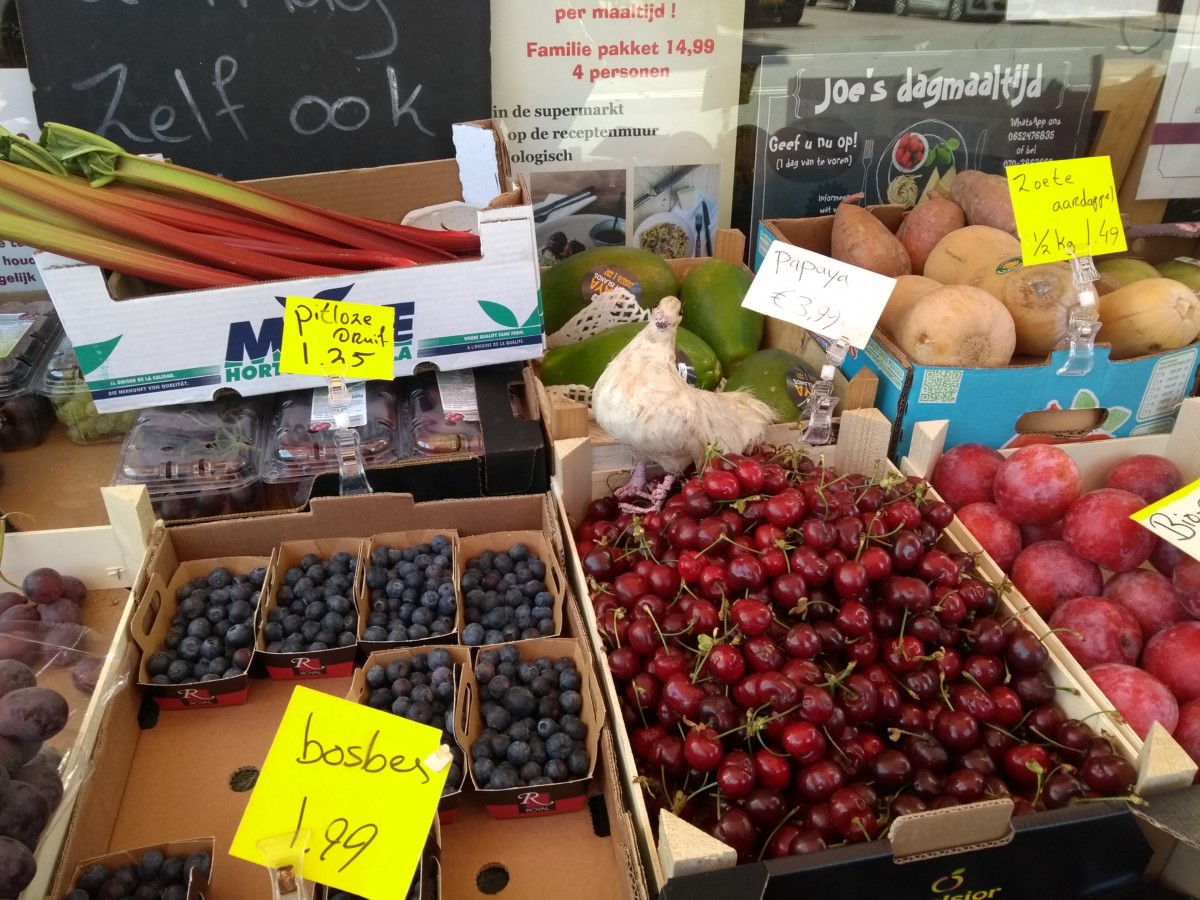
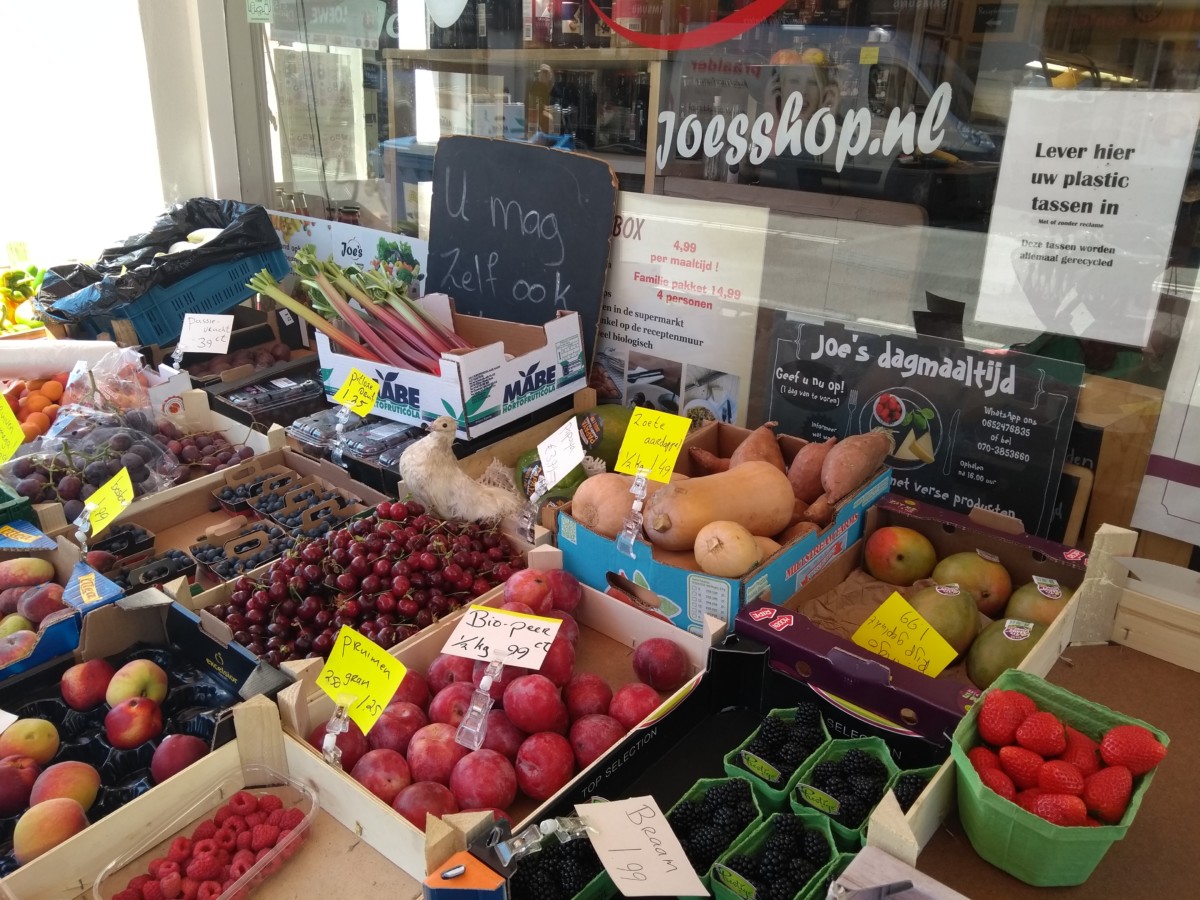
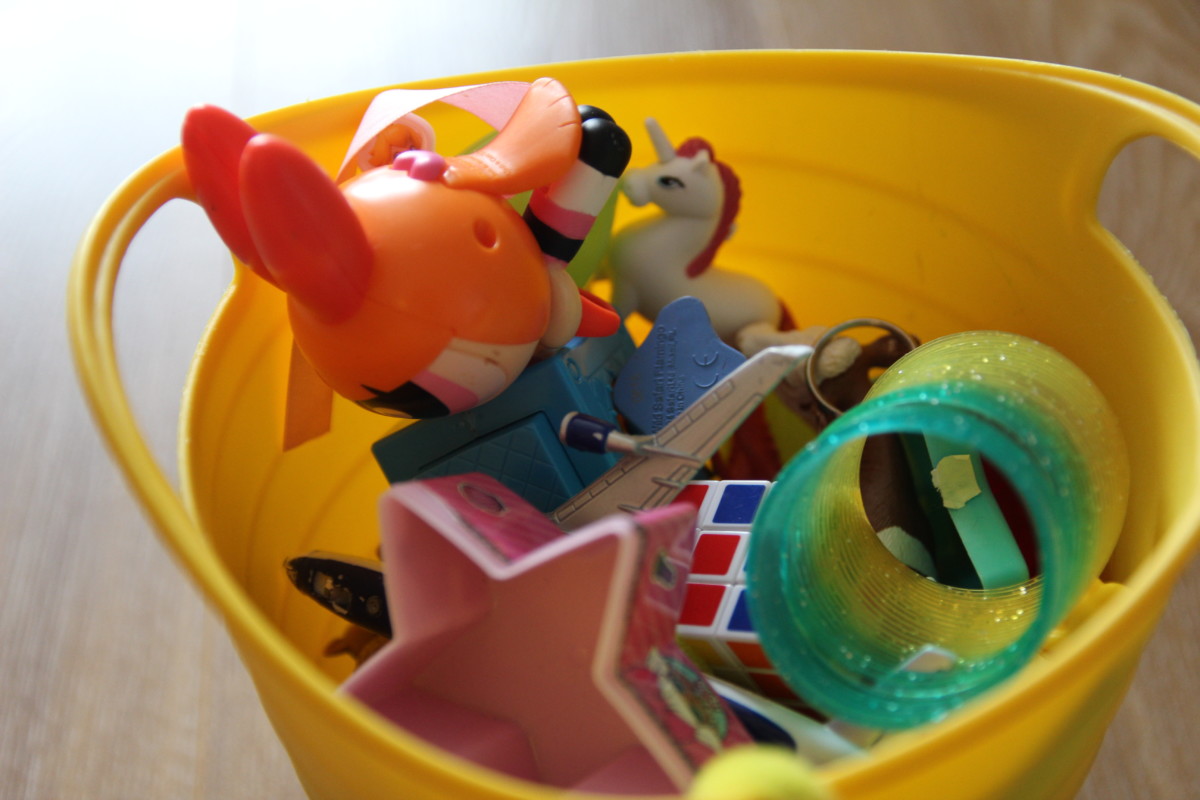
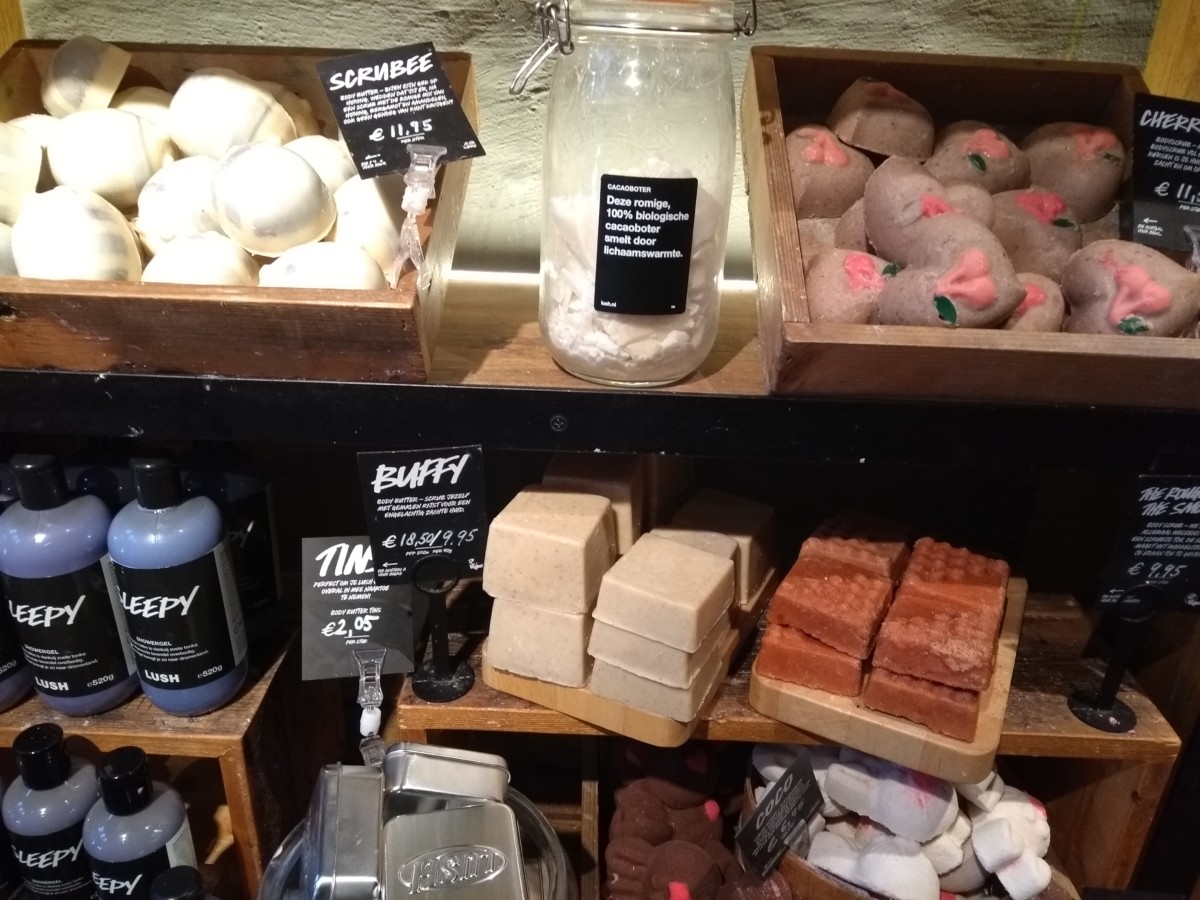
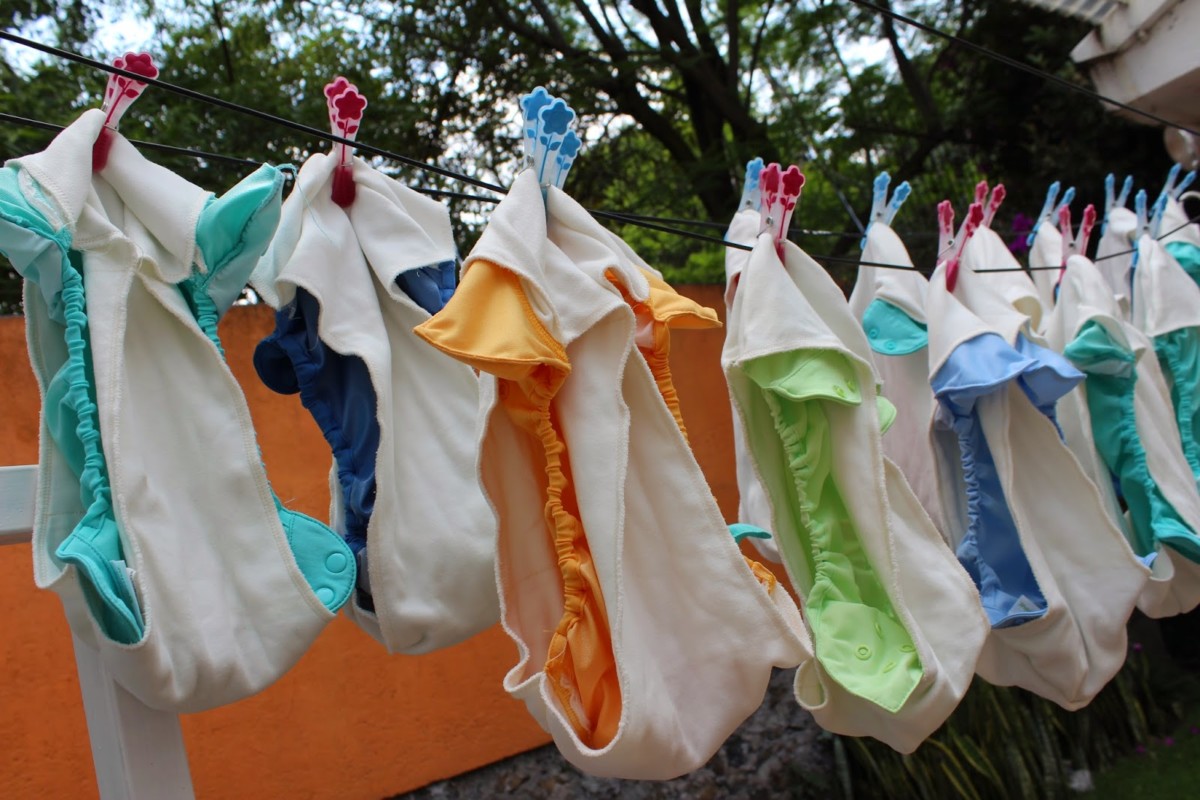

Hi,
Check this out: https://www.beeswrap.com/
I haven’t used it myself so I don’t know for how long freshness can be retained especially for bread. But sounds like a great alternative! Its even washable and reusable!